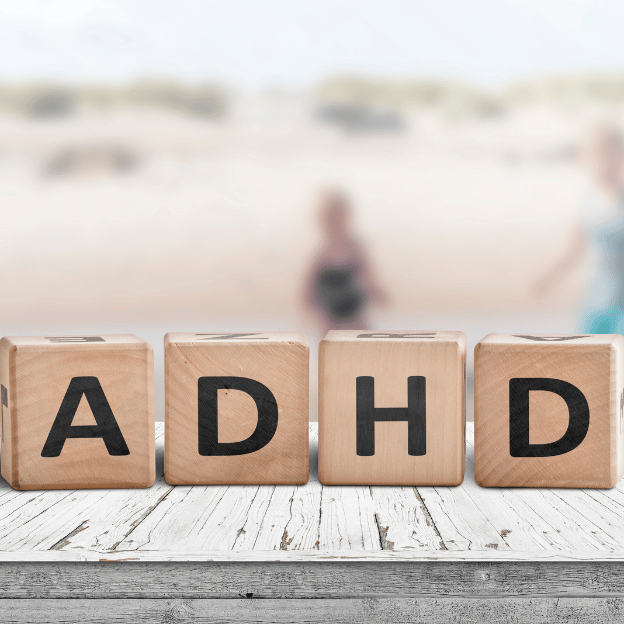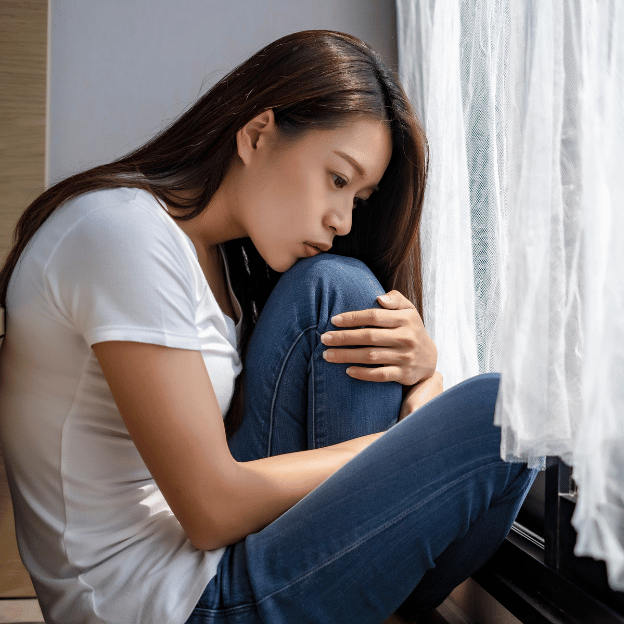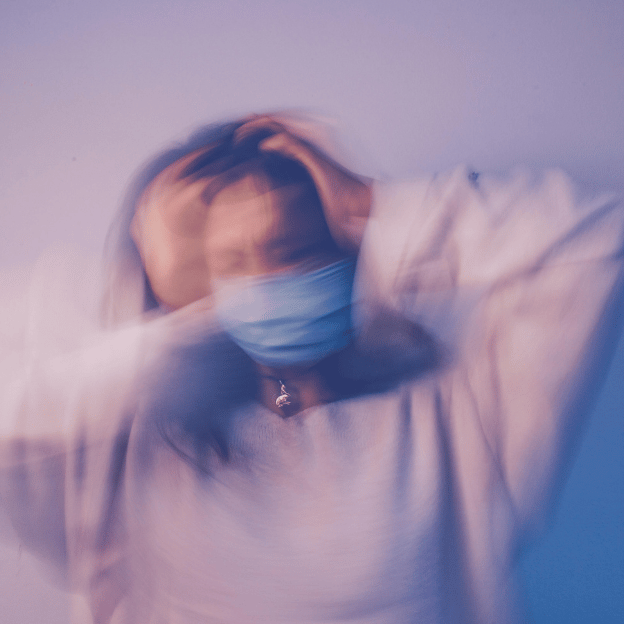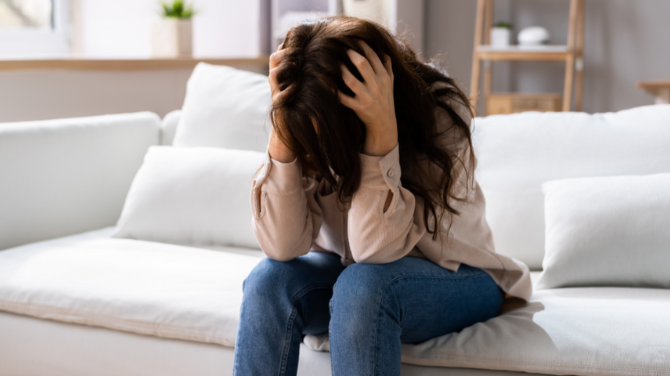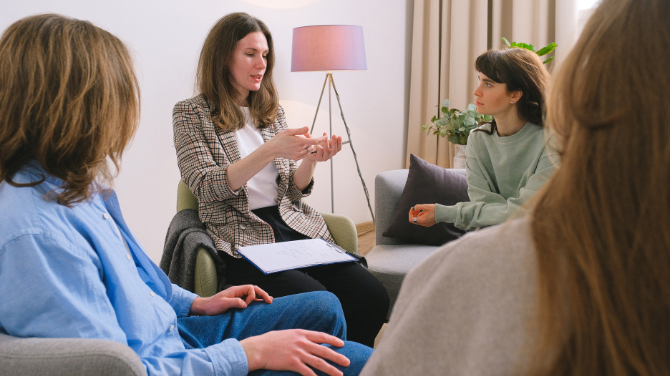Natural Remedies vs Medical Treatment for Anxiety
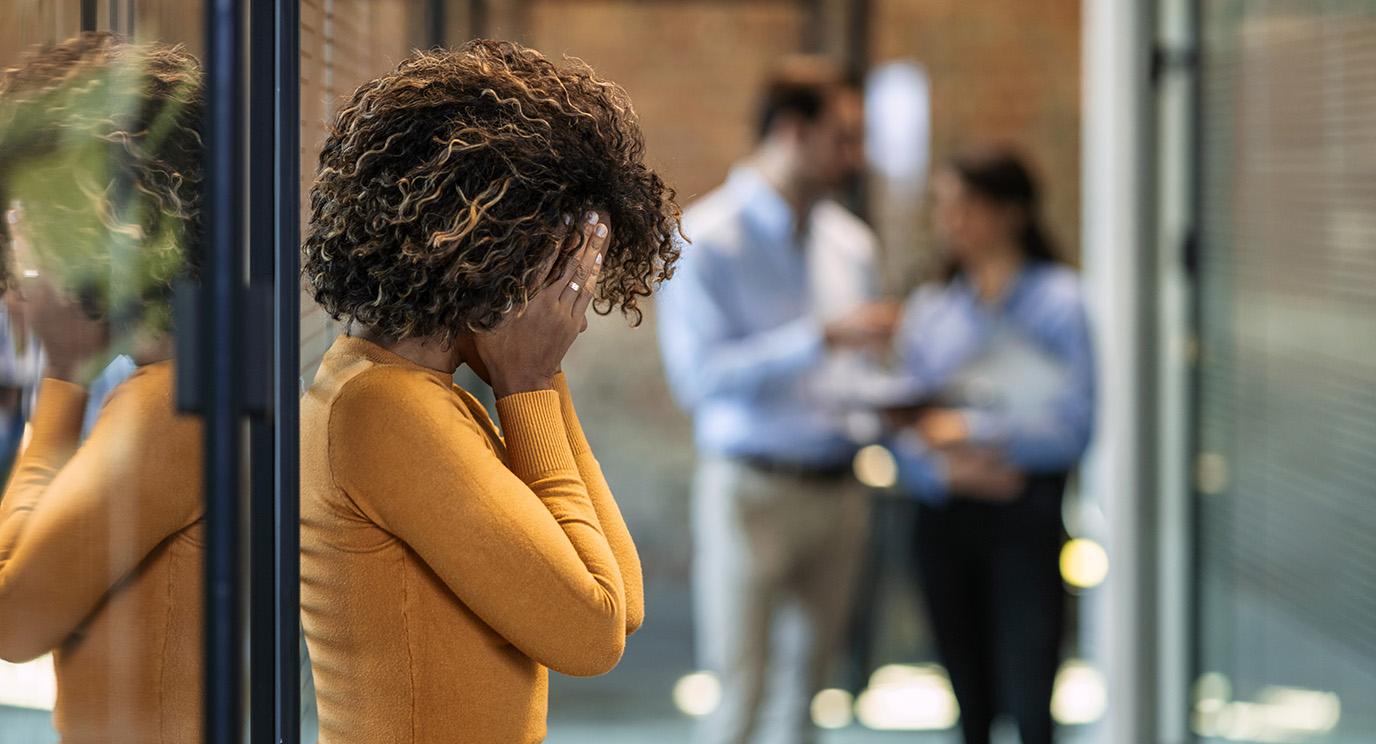
Strong 8k brings an ultra-HD IPTV experience to your living room and your pocket.
Anxiety is one of the most prevalent mental health conditions worldwide, affecting millions of people regardless of age, gender, or background. Whether it stems from chronic stress, genetics, trauma, or environmental factors, anxiety can significantly impact a person’s quality of life. As awareness around mental health grows, so does the number of treatment options. Two broad categories dominate the landscape: natural remedies and medical treatment. But which is more effective, and how do you decide what’s right for you?
This article explores the pros and cons of both approaches, helping you make an informed choice based on your unique needs.
Understanding Anxiety: A Brief Overview
Anxiety disorders come in many forms, including Generalized Anxiety Disorder (GAD), Social Anxiety Disorder, Panic Disorder, and specific phobias. Common symptoms include excessive worry, restlessness, fatigue, difficulty concentrating, irritability, muscle tension, and sleep disturbances. While occasional anxiety is a normal part of life, chronic anxiety that interferes with daily activities requires intervention.
Treatment is not one-size-fits-all. Factors like the severity of symptoms, personal preferences, access to healthcare, and underlying health conditions all play a role in determining the most suitable approach.
Natural Remedies for Anxiety
Natural remedies are often the first choice for those looking to manage anxiety without medication. These remedies include lifestyle changes, herbal supplements, mindfulness practices, and more.
1. Lifestyle Changes
Exercise, nutrition, and sleep are foundational to mental health. Regular physical activity releases endorphins and lowers cortisol levels, helping to alleviate stress. A diet rich in omega-3 fatty acids, magnesium, and complex carbohydrates can also support emotional well-being.
Sleep, often disrupted by anxiety, is critical. Establishing a consistent sleep routine and creating a restful environment can significantly reduce symptoms.
2. Herbal Supplements
Several herbs are believed to have calming effects, including:
Valerian Root: Commonly used for sleep disorders, it may also help reduce anxiety.
Passionflower: Linked to lower levels of anxiety and better sleep.
Ashwagandha: An adaptogen known for its stress-relieving properties.
Chamomile: Often consumed as a tea, it has mild sedative effects.
It’s essential to consult a healthcare provider before starting any herbal supplement, especially if you are taking other medications.
3. Mindfulness and Relaxation Techniques
Mindfulness practices such as meditation, yoga, and deep breathing exercises have been shown to reduce anxiety. Cognitive Behavioral Therapy (CBT)-based apps and guided meditations are increasingly popular for those seeking structured yet flexible approaches.
4. Aromatherapy and Acupuncture
Essential oils like lavender, bergamot, and frankincense may provide calming effects when diffused or applied topically. Acupuncture, rooted in traditional Chinese medicine, has also been explored as a treatment for anxiety, with some studies suggesting positive outcomes.
Pros of Natural Remedies:
Fewer side effects
Holistic approach
Often more affordable
Can be used alongside conventional treatments
Cons of Natural Remedies:
Variable effectiveness
Lack of regulation in supplements
Slower onset of relief
Limited scientific backing in some cases
Medical Treatment for Anxiety
Pharmaceutical treatments are often prescribed for moderate to severe anxiety or when natural remedies are ineffective. These include:
1. Prescription Medications
Selective Serotonin Reuptake Inhibitors (SSRIs): Such as fluoxetine and sertraline. These are first-line treatments for many anxiety disorders.
Serotonin-Norepinephrine Reuptake Inhibitors (SNRIs): Like venlafaxine, often used when SSRIs aren’t effective.
Benzodiazepines: Such as diazepam or lorazepam, offer fast relief but are generally used short-term due to the risk of dependence.
Beta-blockers: Sometimes used for situational anxiety, like public speaking.
With the rise of digital health, many people are now seeking the best anxiety medication online offering convenience, discretion, and often quicker access to treatment. However, it’s crucial to use reputable telehealth platforms with licensed professionals.
2. Psychotherapy
Cognitive Behavioral Therapy (CBT) is one of the most effective forms of psychotherapy for anxiety. It helps individuals identify and challenge negative thought patterns and behaviors. Other therapies, such as exposure therapy and acceptance and commitment therapy (ACT), may also be beneficial.
3. Combination Therapy
For many, a combination of medication and therapy offers the most effective relief. Medication may help stabilize mood and reduce symptoms enough for individuals to fully engage in therapy.
Pros of Medical Treatment:
Backed by substantial research
Effective for moderate to severe cases
Structured, professional oversight
Cons of Medical Treatment:
Potential side effects
Risk of dependency (e.g., with benzodiazepines)
Cost and accessibility issues
Choosing What Works for You
There is no universal “best” treatment for anxiety. What works for one person may not work for another. Some may find relief with herbal teas and meditation, while others may require a prescribed regimen from a psychiatrist.
A growing number of people are exploring the best anxiety medication and comparing it with alternative options to find a personalized balance. It’s also becoming more common to blend both worlds—using natural remedies to support mental health while relying on medical treatment during more intense periods.
The best approach is usually collaborative, involving mental health professionals, primary care providers, and possibly alternative practitioners. Open communication, self-awareness, and ongoing evaluation are key to finding and maintaining the right balance.
Final Thoughts
Anxiety is highly treatable, but finding the right path can take time. Whether you lean toward natural remedies, conventional medical treatment, or a combination of both, the most important step is to take action.
If you’re considering seeking the best anxiety medication online, ensure the platform is reputable and the providers are licensed. Similarly, if you’re drawn to natural methods, take the time to research and consult professionals to avoid ineffective or harmful practices.
Ultimately, managing anxiety is a personal journey. Empower yourself with knowledge, seek support when needed, and be patient as you find the strategies that work best for your mind and body.
Note: IndiBlogHub features both user-submitted and editorial content. We do not verify third-party contributions. Read our Disclaimer and Privacy Policyfor details.



